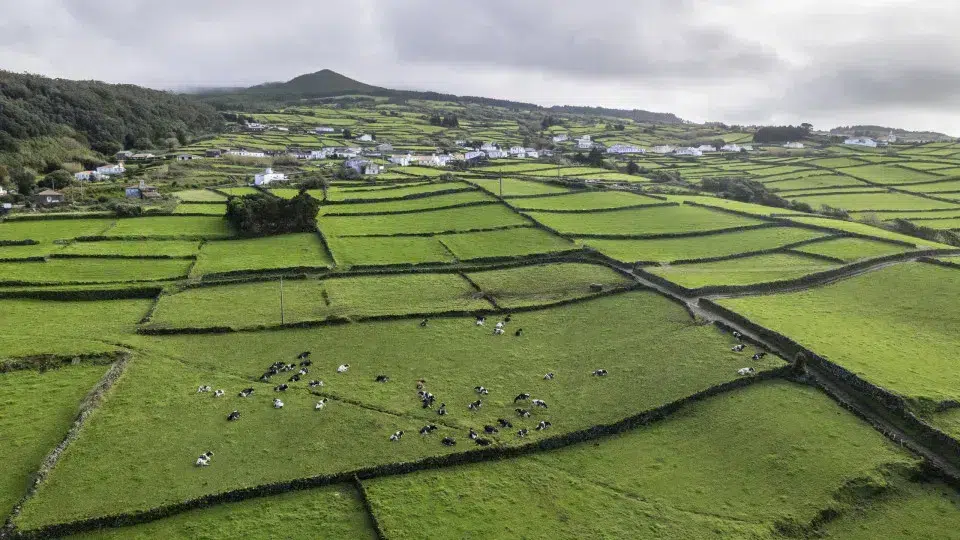“This year, our chestnut yield is low. Just days before São Martinho [November 11], in a typical year we should have over 200 tons of chestnuts. At present, during the peak of the campaign, we have approximately 50 tons,” stated Aires Macieira, president of the Penela da Beira Cooperative.
The Penela da Beira Agricultural Cooperative, located in the municipality of Penedono, Viseu district, specializes in martaínha chestnuts from 10 municipalities across the Viseu and Guarda districts, with protected designation of origin from the Soutos da Lapa.
“In good years, we reach up to 300 tons of chestnuts, exporting about 90% of the production. This year, we have already informed our clients that they will not receive chestnuts. They are aware, having followed this summer’s fires,” he remarked.
Aires Macieira also communicated that this “over 75% decline” results in “losses of many millions of euros, as martaínha chestnuts are the world’s best and are in high demand abroad, but this year they are unavailable.”
Domestically, “it’s natural that prices will rise. Although chestnuts are very nutritious, since they’re not a basic staple, people tend to forgo or buy less, simply for the tradition of São Martinho.”
“The fires decimated nearly all of our groves. We’ll assess in spring to identify the true damage, determining which will flourish or not. Additionally, the high temperatures and September’s drought hindered fruit development.”
The rain from last week “only aided the harvest, as dry conditions make collecting difficult when burrs remain closed and prickly.”
This reduction results in “significant financial losses” for the cooperative, as “millions of euros do not materialize, there are bank debts to renegotiate, and labor isn’t hired, all of which harm the local economy in the region.”
“In a normal year, on a weekday like today, we would have seven, eight, or nine people working. Just look at how many are here today. Two. And they don’t have much to do, the work is done.”
The chestnuts entering the cooperative “are few, but of outstanding quality, extremely good, although the size is smaller than in previous years, the quality is much higher, and even last year’s was good.”
Aires Macieira emphasized that “despite the obligations to the bank, the cooperative’s priority will be to pay producers.”
He assured that “no producer will go unpaid for this year’s production.”




